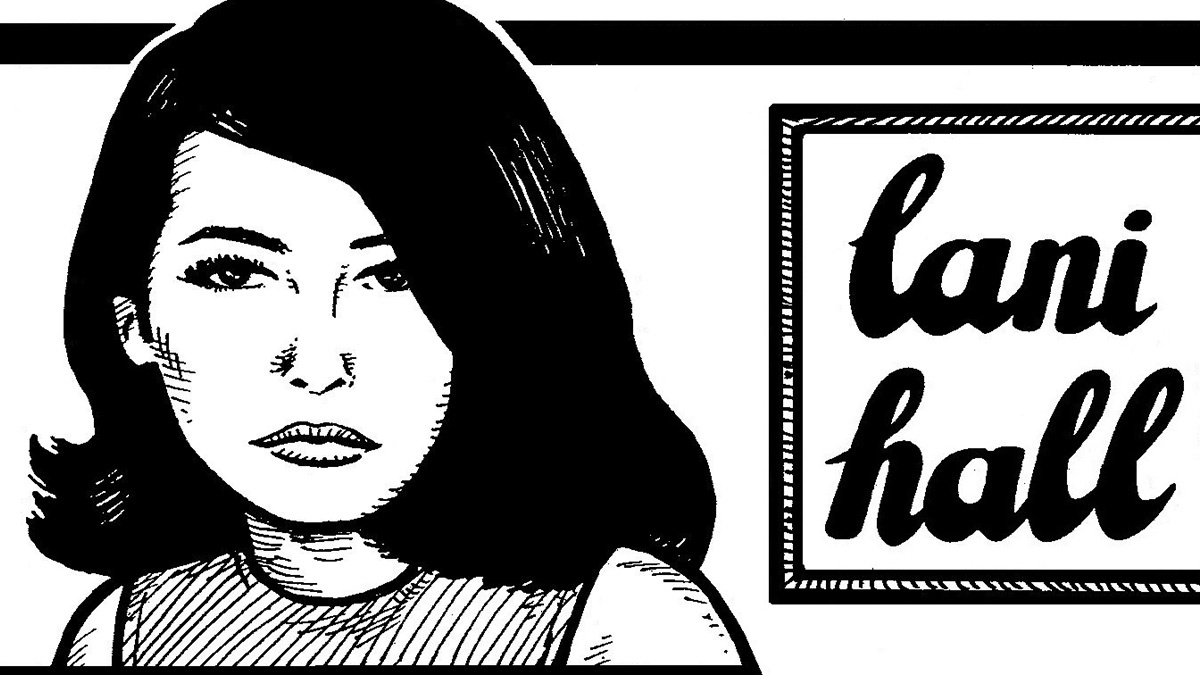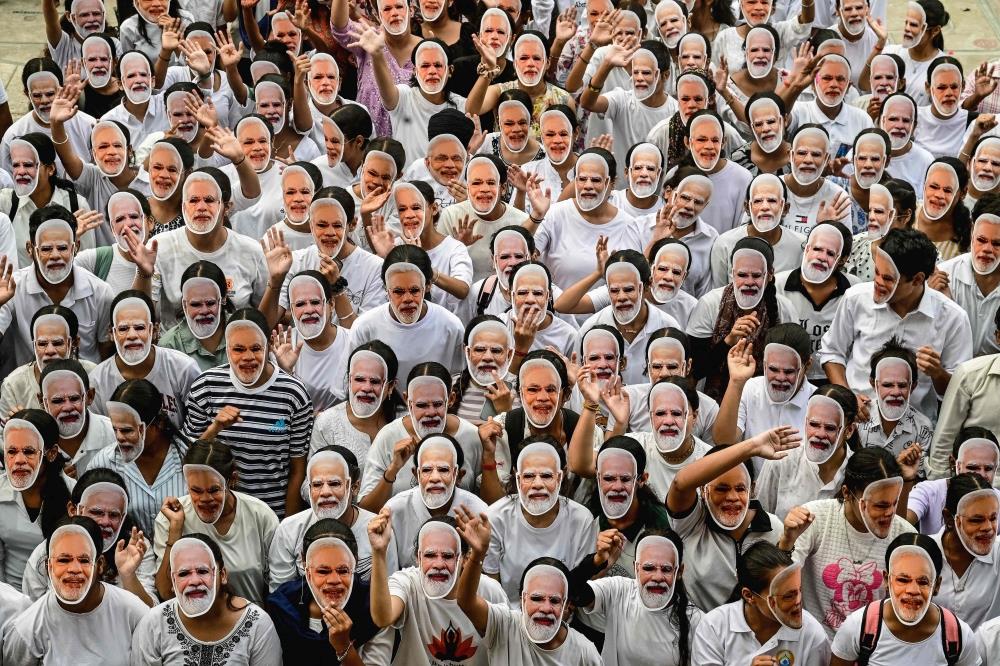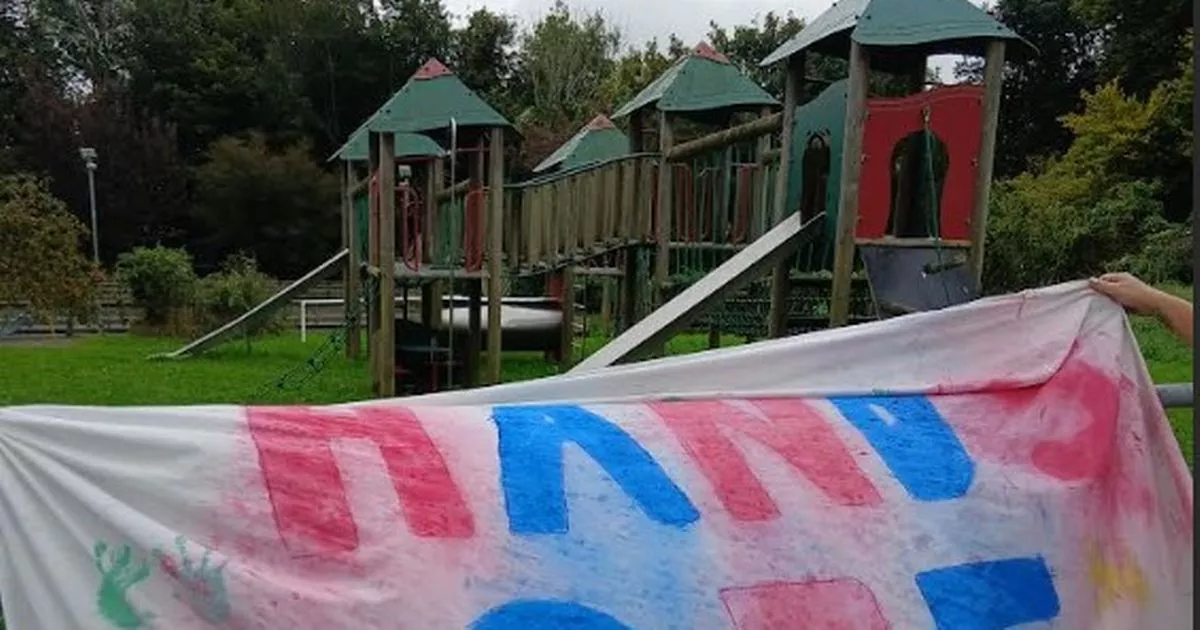By Steve Krakow
Copyright chicagoreader

Since 2005 Plastic Crimewave (aka Steve Krakow) has used the Secret History of Chicago Music to shine a light on worthy artists with Chicago ties who’ve been forgotten, underrated, or never noticed in the first place.
I’ve seen hundreds of concerts, maybe thousands, and one of my favorites of all time was this past summer: Herb Alpert & the Tijuana Brass played the Harris Theater on their first tour in 35 years, celebrating the 60th anniversary of their album Whipped Cream & Other Delights. Still spry at 90, Alpert danced and blew impeccable trumpet solos, and his wife, supple-voiced singer Lani Hall, made an appearance as well.
This was a moving surprise, because Hall has been debilitated by the Epstein–Barr virus since the 80s. Though she’s a decade younger than Alpert, she needed assistance getting onstage. Hall performed a short medley of favorites she’d sang with Sérgio Mendes & Brasil ’66, and her chemistry with Alpert—aged to perfection over half a century of marriage—brought tears to my eyes. From their snappy banter, I also learned about Hall’s upbringing in Albany Park, which inspired me to dig deeper into her story.
Leilani Hall was born in Chicago on November 6, 1945, and grew up near Kimball and Lawrence. “In winter, people huddled inside the tiny train station on my corner to avoid the bitter cold on the outside platform,” she recalls in her 2012 book, Emotional Memoirs & Short Stories. The Kimball stop is the last on the Brown Line (then called the Ravenswood Route), and Hall loved catching a train there and riding through the city’s neighborhoods, looking at the “sun-dried clothes suspended from laundry lines that stretched across a maze of back porches” and “black wrought iron fire escapes wrapped around red brick buildings.”
Hall’s blue-collar Jewish family—with a Polish immigrant mother and a Russian immigrant father—were basically the demographic twins of my own Chicago grandparents. Hall has loved singing for as long as she can remember. “I just wanted to sing for the sole sake of expressing myself,” she writes in her book. “I’d hold the handle of a hair brush as a microphone, and then I’d close my eyes and sing with my records.”
As a kid, Hall sang along to the likes of Judy Garland and Nina Simone as well as plenty of instrumental jazz—she favored Miles Davis, Lee Morgan, Stan Getz, and the lush arrangements of Gil Evans. She often listened to Sid McCoy’s late-night jazz show on local station WCFL, and she especially loved the voice of Barbra Streisand. “Music was my friend,” she writes. “It charged me up or made me weep, I could always count on it to bring out my truest feelings.”
The mid-60s folk boom caught Hall’s ear too. She liked honey-voiced singers such as Buffy Sainte-Marie and Joan Baez, and she was drawn to Bob Dylan and “protest songs and real poetic anger.” She bought her first acoustic guitar for $5, and a friend taught her some chords and picking techniques. “Holding the guitar so close to my body helped to comfort me,” she recalls in Emotional Memoirs. Soon she began writing her own material. “Now the words were mine.”
Hall would ride the el to Rush Street or Old Town to be near the burgeoning folk scene, but she was too shy to perform. “I never told anyone that I sang,” she writes. “I would have been too embarrassed to sing in front of people or to put someone in the uncomfortable position of feeling obligated to respond. Singing was a sacred space. It was holy to me.”
That all changed after Hall’s childhood friend Leah stopped by unannounced one day and heard her singing through the closed bedroom door. Leah (Hall doesn’t give her last name) worked as a waitress at famed club Mother Blues, where legends such as Odetta, Howlin’ Wolf, Janis Joplin, Jefferson Airplane, and Shel Silverstein performed. She was astonished by Hall’s high and beautiful voice, and she arranged to get her friend onstage for the first time.
Hall attended an open-mike “hootenanny night” at the club on a Monday. “[Leah] kept giving me drinks, all night, she was sliding drinks to me, and I was pretty looped,” she told Wax Poetics magazine in 2017. “All of a sudden, I hear my name being announced on the loudspeaker, and Leah got behind me and kinda picked me up off the chair and pushed me towards the stage. And I sang. It was the first time I was in front of an audience and had a microphone in front of me.”
Hall was miffed at Leah, but her performance paid off instantly. “I got off the stage and I was mad, because I felt like she had set me up,” she told Wax Poetics. “And as I approached her, a man walked in front of me and said, ‘Excuse me, I just heard you singing, and I own a club down the street, and I would really like it if you could play the next two weekends and I’ll give you $75 a weekend.’ And I’m looking at this guy trying to compute what he’s saying to me, and Leah came around and looked at him and said, ‘She’ll do it.’”
Thus began Hall’s 1965 residency at Old Town coffeehouse the Centaur. One day the owner brought her back over to Mother Blues to see a new group called Sérgio Mendes & Brasil ’65. Pianist Mendes was a star in Brazil, but he was just getting established in the States, with help from an initiative by the Brazilian Ministry of Foreign Affairs to promote Brazilian music on other shores. Their tour had started in Mexico in November 1964, and they cut two LPs in the USA during their stay. Brasil ’65 featured singers Rosinha de Valença and Wanda Sá, and Hall met the whole group.
Unbeknownst to Hall, the band was coming apart, and Mendes was looking to put together a new one. During a subsequent Mother Blues show, Mendes and percussionist José Soares took a break between sets and went to see Hall at the Centaur. Mendes was dazzled and asked Hall to join the band on the spot. Hall was only 19 and still lived with her parents, so she asked Mendes to get her father’s blessing. That turned out to be no obstacle, though, and Hall became lead singer of the new Sérgio Mendes & Brasil ’66, leaving Chicago at age 20. She didn’t know at the time, but from that point forward, she’d only ever visit her hometown—she’d never live here again.
This new international group arranged an audition with A&M Records, founded by Alpert and Jerry Moss. They loved Brasil ’66’s mix of Latin jazz and pop and offered them a record deal. The band’s first LP, Herb Alpert Presents Sergio Mendes & Brasil ’66, was a huge smash, and they scored a hit with the Jorge Ben bossa nova tune “Mas Que Nada” (outside of Brazil, it’s better known than Ben’s original). Hall didn’t know Portuguese—she learned the songs phonetically.
Hall stayed with Brasil ’66 until 1970, when she was replaced by Mendes’s wife, Gracinha Leporace. (The bands usually had two singers, and Brasil ’66 also included Bibi Vogel, Janis Hansen, and Karen Philipp at various points.) Hall appeared on several classic LPs, among them Equinox (’67), Fool on the Hill (’68), and two of my personal favorites from the group: the psychedelic Crystal Illusions (’69) and the stripped-down folk-rock concept album Stillness (’70). Mendes moved on to start Brasil ’77 and later had great success as a solo artist.
Hall released her solo debut, Sun Down Lady, in 1972. She and Alpert were already romantically involved, and he engineered and produced the album as well as contributed backup vocals. It opens with the folky, funky Lesley Duncan tune “Love Song,” with snappy drums from first-call session player Jim Gordon.
Hall married Alpert at the end of 1974, becoming his second wife, and in 1975 they welcomed their daughter, Aria, now an actor. Hall would release nine more solo albums over the next decade, beginning with Hello It’s Me in ’75 and continuing almost yearly until Es Fácil Amar in 1985. (Es Fácil Amar also earned Hall her first Grammy, for best Latin pop performance.)
In 1983, Hall recorded the theme song for the James Bond film Never Say Never Again and appeared in the accompanying music video. Throughout the 1980s, she recorded several successful Latin-pop albums, where she sang in Spanish despite not speaking that language either. She collaborated with José Feliciano from Puerto Rico, Roberto Carlos from Brazil, José José from Mexico, and Camilo Sesto from Spain. In 1986 she appeared with Mendes again on “No Place to Hide,” from his LP Brasil ’86.
Epstein–Barr forced Hall to slow down her performing and recording, and she didn’t release new music again till the solo album Brasil Nativo in 1998. She followed that with another decade-long break in her discography, but then she released three albums with Alpert: 2009’s Anything Goes, 2011’s I Feel You, and 2013’s Steppin’ Out (which won a Grammy for best pop instrumental album). Her most recent solo album, 2022’s Seasons of Love, also features Alpert.
All in all, Hall has appeared on almost two dozen albums, singing in three languages. Emotional Memoirs & Short Stories pairs autobiographical material with her fiction, which she started writing in ’82 while on tour in Mexico City. In her book, Hall takes the opportunity to remind us how much she loves the city where she was born and began her career. “Where is home?” she writes. “Mine is in my husband’s arms. But sometimes I miss Chicago so much that I think I can smell the spring cut grass and see the billowing clouds across the the bluest sky. It’s the only place where I really know what direction I’m facing at any given time.”
Last month at the Harris Theater, I knew what direction I was facing: toward one of my favorite voices of all time. I can only hope Hall will appear in Chicago again.



